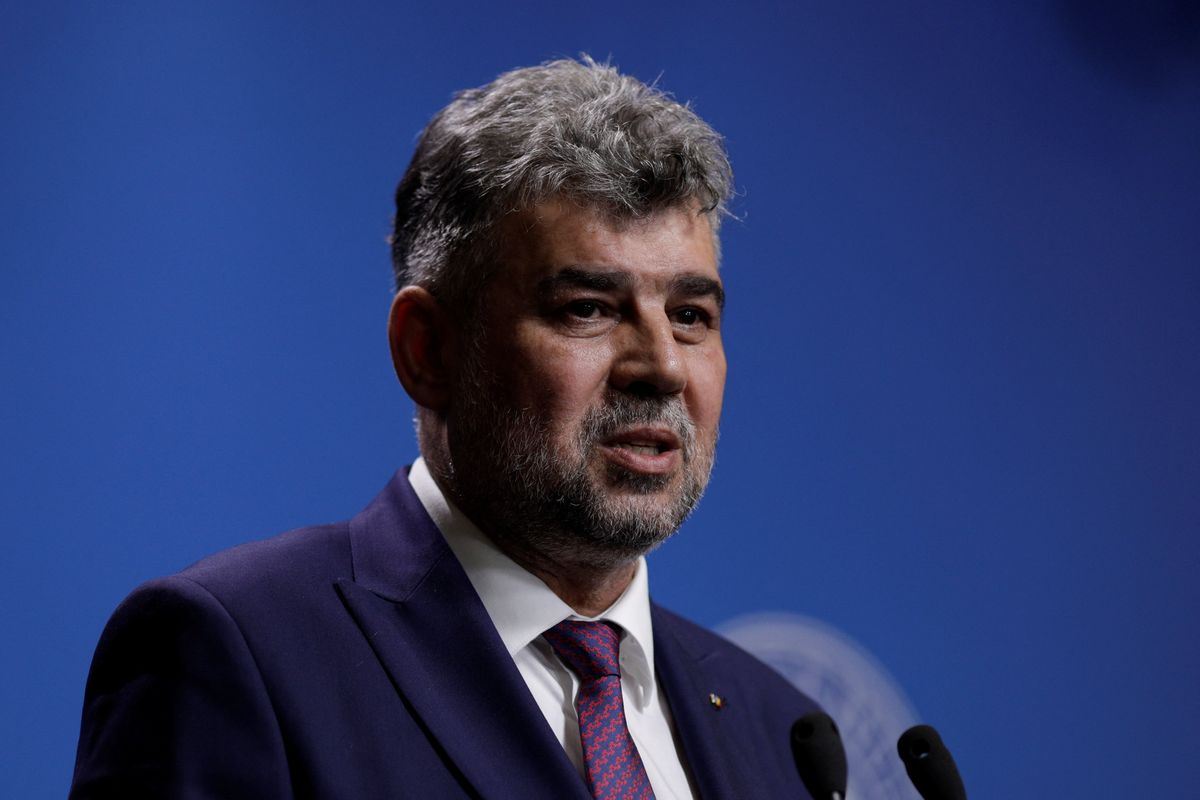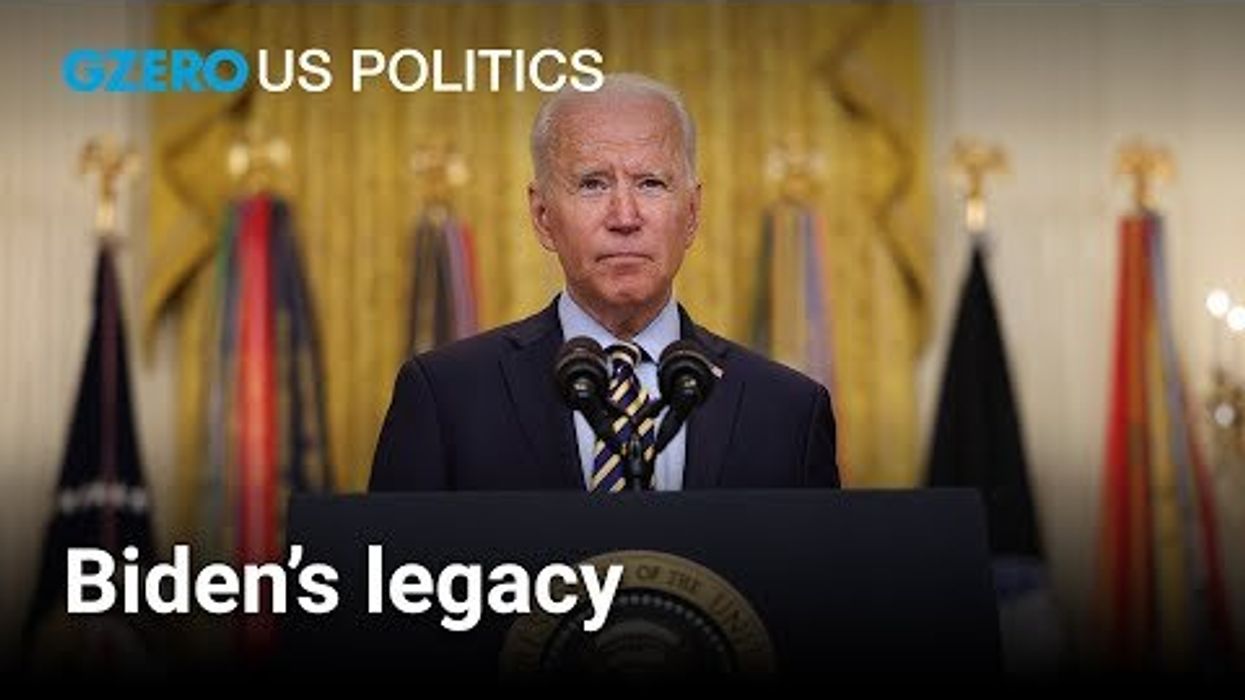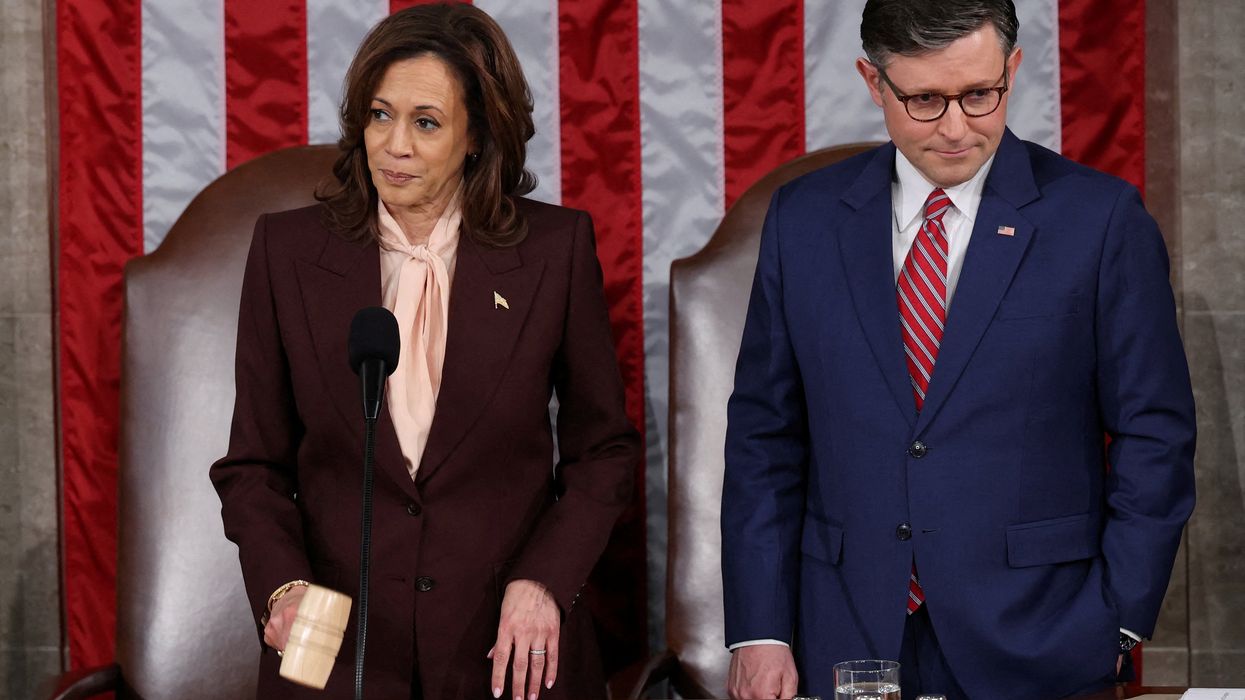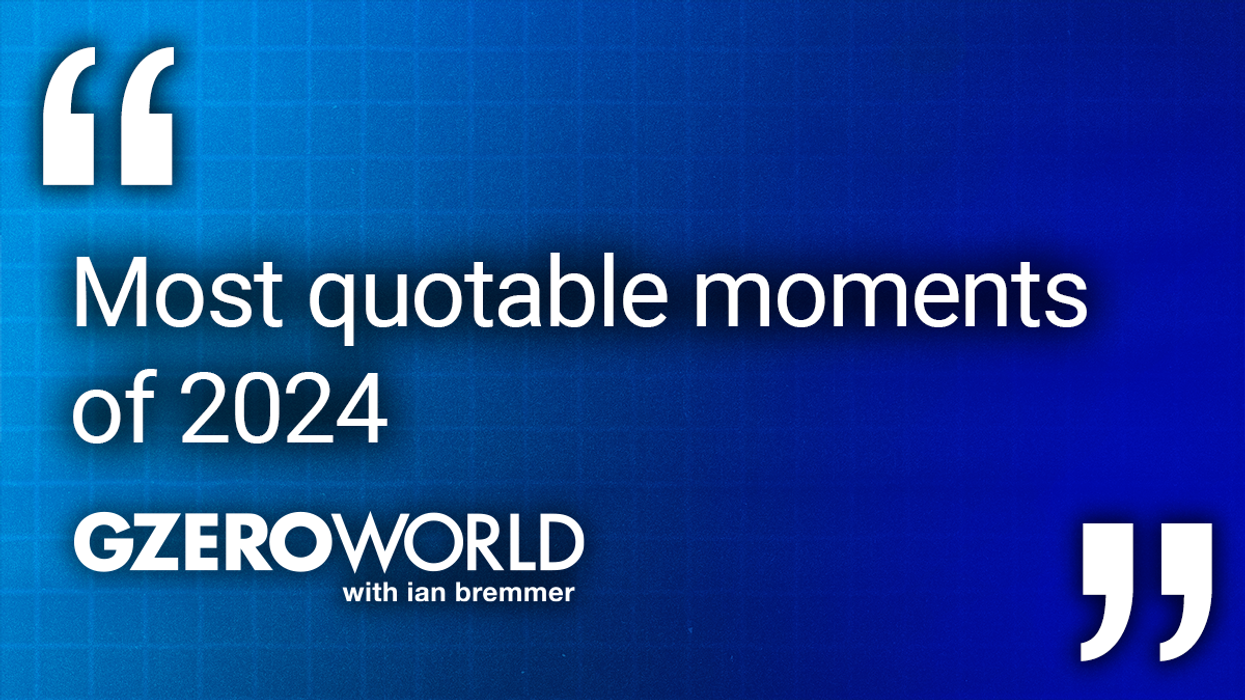Will the far right make it into power? That’s the big question as Romania heads into parliamentary and presidential elections by the end of 2024.
On the parliamentary side of things, the current odd-bedfellow coalition of Social Democrats and the center-right Liberals is facing a challenge from the Alliance for the Unity of Romanians, a formerly little-known far-right party that has surged recently on a platform combining anti-establishment and anti-corruption messages – popular in a country rife with graft – as well as anti-vaccine, and socially conservative values planks. The Social Democrats are currently polling at 30%, with the AUR and the Liberals at 19% apiece, making it likely that the current coalition will continue – but the possibility of AUR making it into government for the first time, in coalition with either the Social Democrats or the Liberals, can’t be written off entirely.
The presidential race is likely to be more of a nail-biter. NATO Deputy General Secretary Mircea Geoană, a seasoned Romanian politician and diplomat who once headed the Social Democrat party, is leading the polls with roughly 25% support.
But current PSD leader, and Prime Minister, Marcel Ciolacu is close behind, clocking just below 20% support. In third place is the far-right lawyer Diana Șoșoacă of the Romanian ultra-nationalist SOS party.


















